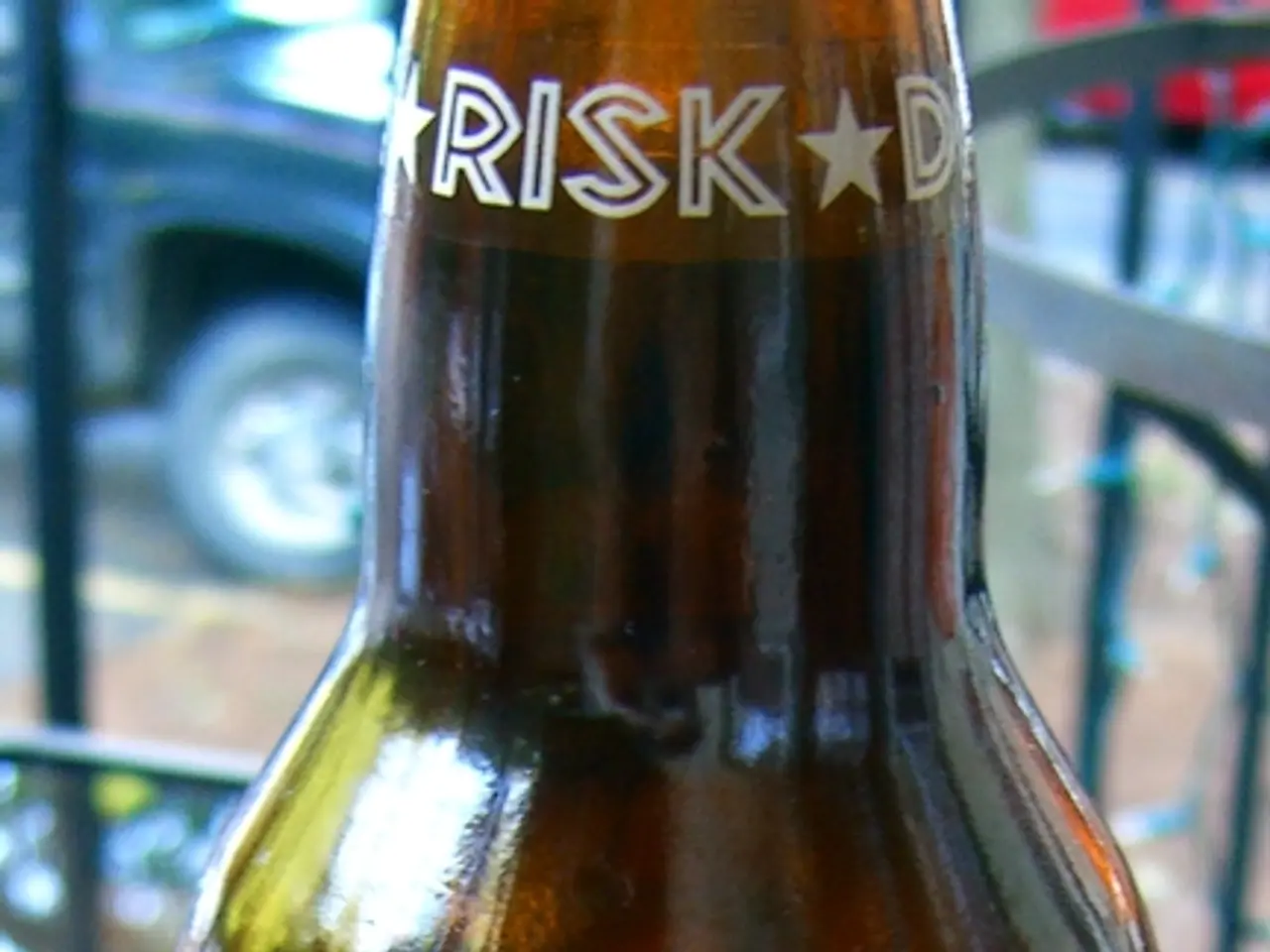Health official advocates for labels on alcohol products signifying potential cancer risk
The U.S. Surgeon General, Dr. Vivek Murthy, has identified alcohol as a leading preventable cause of cancer, pointing to approximately 100,000 cancer cases and 20,000 related deaths each year in the U.S. attributed to alcohol consumption.
Murthy has called for alcohol warning labels to include a heightened risk of breast cancer, colon cancer, and at least five other malignancies linked to alcohol consumption. Currently, the warning labels on alcoholic beverages in the U.S. warn about drinking while pregnant, before driving, and general health risks. However, the potential link between alcohol and cancer is rarely mentioned.
The World Health Organization states that there is no safe limit for alcohol consumption, and recent studies have linked moderate alcohol consumption to certain forms of heart disease, including atrial fibrillation, a heart arrhythmia.
The data does not support the belief that moderate drinking (one drink per day for women and two for men) has no risk to health or well-being for cancer risk. Animal experiments have shown that alcohol and its metabolite acetaldehyde can induce cancerous changes at the cellular level. Alcohol generates oxidative stress, increases inflammation, and can damage DNA, potentially leading to cancer.
South Korea is the only nation that has a label warning about liver cancer on alcoholic beverages. Ireland is scheduled to introduce labels stating a "direct link between alcohol and fatal cancers" in 2026. However, only 47 nations require warnings on alcoholic beverages, and cancer is rarely mentioned.
The industry has a history of opposing warning labels that mention cancer. Alcohol-producing nations have challenged warning labels under international trade law. Despite this, the U.S. government, under President Joe Biden, has shown openness to stronger alcohol warning labels similar to those on cigarette packs, but no federal mandate requiring such labels has been implemented yet, partially due to industry resistance and regulatory challenges.
The surgeon general's report provides an overview of research studies and reviews published in the past two decades. Two scientific reviews will be used to inform the updated recommendations about alcohol consumption in the federal dietary guidelines.
Notably, President-elect Donald Trump does not drink, and his choice to head the Health and Human Services Department, Robert F. Kennedy Jr., has sworn off alcohol and drugs decades ago. Kennedy regularly attends Alcoholics Anonymous meetings.
The current status of alcohol warning labels is a topic of ongoing debate and advocacy. As more research emerges linking alcohol consumption to various health risks, the push for clearer and more comprehensive warning labels continues. The hope is that these labels will empower consumers to make informed decisions about their health and well-being.
Read also:
- Nightly sweat episodes linked to GERD: Crucial insights explained
- Antitussives: List of Examples, Functions, Adverse Reactions, and Additional Details
- Asthma Diagnosis: Exploring FeNO Tests and Related Treatments
- Unfortunate Financial Disarray for a Family from California After an Expensive Emergency Room Visit with Their Burned Infant








